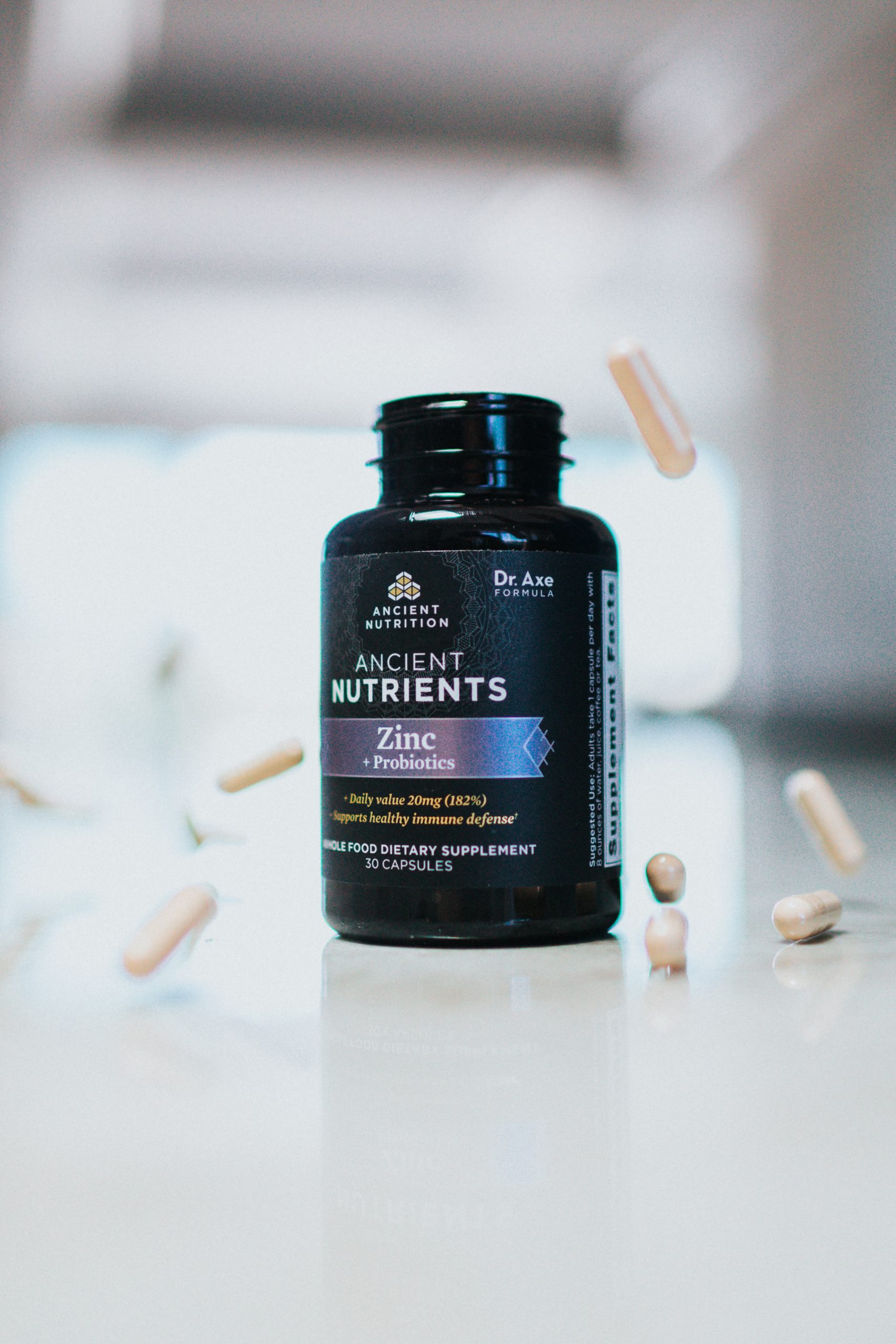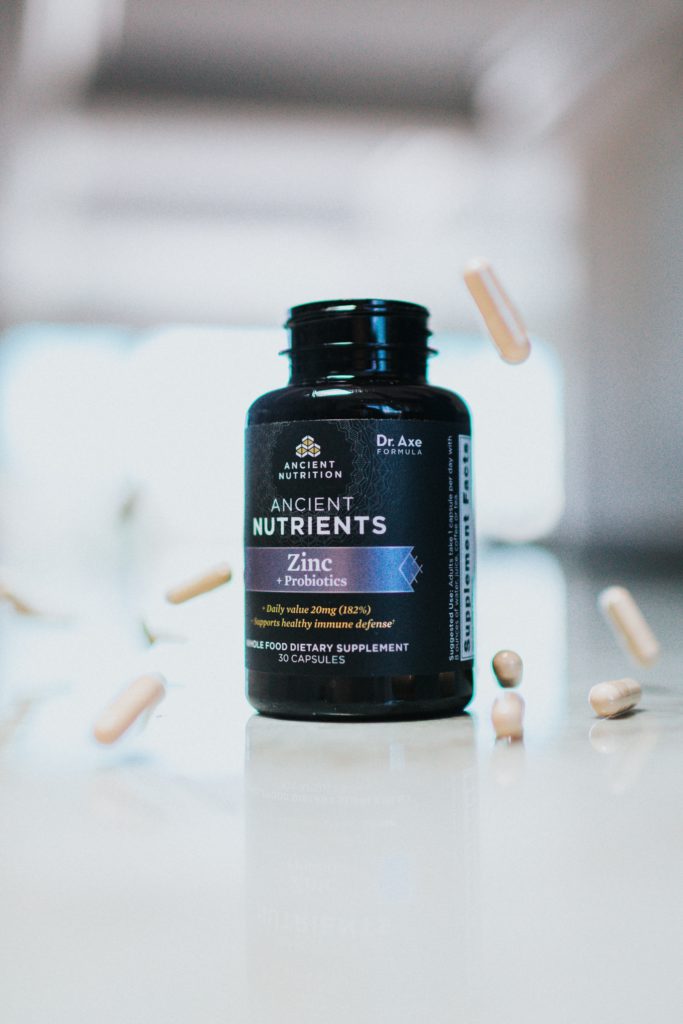Are you curious about the potential anti-inflammatory properties of the PEA supplement? Well, let’s explore this topic together. Palmitoylethanolamide (PEA) is a naturally occurring fatty acid amide that is believed to have therapeutic properties. It is synthesized in the body in response to inflammation and pain, and is thought to play a role in modulating the immune response. While it is not considered a traditional pharmaceutical drug, PEA is often referred to as a nutraceutical or dietary supplement. In this article, we will delve into the question of whether PEA supplement is anti-inflammatory, providing you with more insights on this intriguing subject.

Palmitoylethanolamide (PEA)
Overview
Palmitoylethanolamide (PEA) is a naturally occurring fatty acid amide that belongs to the family of endocannabinoids. It was first isolated from soybean lecithin in the 1950s and has since gained attention for its potential therapeutic properties. PEA is synthesized in various tissues of the body, especially in response to inflammation and pain, and is thought to play a role in modulating the immune response and promoting homeostasis.
Synthesis in the body
PEA is synthesized in various tissues of the body, including immune cells and neurons. It is produced in response to inflammation and pain as a protective mechanism. The synthesis of PEA occurs through the enzymatic conversion of a precursor molecule called N-acylphosphatidylethanolamine (NAPE), which is present in cell membranes. This conversion is mediated by an enzyme called N-acyltransferase. Once synthesized, PEA acts on specific receptors in the body to exert its effects.
PEA as a Nutraceutical
Definition
PEA is often referred to as a “nutraceutical” or a “dietary supplement” due to its status as a naturally occurring compound. It is not considered a traditional pharmaceutical drug, but rather a compound that might have health benefits, especially in the context of managing chronic pain and inflammation.
Health Benefits
Research suggests that PEA may have several health benefits, particularly in the area of inflammation and pain management. It has been observed to have anti-inflammatory, analgesic (pain-relieving), and neuroprotective properties. PEA may also help in the regulation of immune responses and has been studied in conditions such as neuropathic pain, fibromyalgia, and multiple sclerosis.
PEA and Inflammation
Understanding Inflammation
Inflammation is a natural response of the immune system to injury or infection. It is characterized by redness, swelling, heat, and pain in the affected area. While acute inflammation is a necessary process for tissue repair, chronic inflammation can lead to various health problems. It is believed to be a contributing factor in the development of chronic conditions such as arthritis, autoimmune diseases, and cardiovascular diseases.
Role of PEA in Inflammation
PEA has been found to play a role in modulating the immune response and reducing inflammation. It acts on receptors in the body that regulate the production of pro-inflammatory molecules, such as cytokines and chemokines. By inhibiting the production of these molecules, PEA helps to reduce inflammation and promote healing.
Studies on PEA and Inflammation
Animal Studies
Several animal studies have been conducted to explore the anti-inflammatory effects of PEA. These studies have shown that PEA can reduce inflammation in various models, including models of acute and chronic inflammation. PEA has been found to decrease the production of pro-inflammatory molecules and inhibit the activation of immune cells involved in the inflammatory process.
Human Studies
Limited human studies have been conducted on the use of PEA in the management of inflammation. However, the available evidence suggests that PEA may be beneficial in reducing pain and inflammation in conditions such as chronic pelvic pain, carpal tunnel syndrome, and chronic low back pain. Further research is needed to fully understand the potential benefits and mechanisms of action of PEA in humans.

Mechanism of Action
Interaction with Endocannabinoid System
One of the mechanisms by which PEA exerts its effects is through its interaction with the endocannabinoid system. The endocannabinoid system is a complex network of receptors, enzymes, and endocannabinoids that are involved in regulating various physiological processes, including inflammation and pain. PEA has been found to act on specific receptors within the endocannabinoid system, such as the cannabinoid receptor type 1 (CB1) and cannabinoid receptor type 2 (CB2), to modulate inflammation and pain.
Activation of PPAR-alpha
PEA has also been shown to activate a receptor called peroxisome proliferator-activated receptor-alpha (PPAR-alpha). Activation of PPAR-alpha has been found to have anti-inflammatory and analgesic effects. PEA’s activation of PPAR-alpha may contribute to its ability to reduce inflammation and pain.
Other Mechanisms
In addition to its interaction with the endocannabinoid system and activation of PPAR-alpha, PEA may exert its anti-inflammatory effects through other mechanisms. It has been suggested that PEA may modulate mast cell activation, inhibit the release of pro-inflammatory molecules, and enhance the production of anti-inflammatory molecules. Further research is needed to fully elucidate the various mechanisms by which PEA acts.
Clinical Applications of PEA
Chronic Pain Management
PEA has shown promise in the management of chronic pain conditions. It has been studied in conditions such as neuropathic pain, fibromyalgia, and osteoarthritis. Research suggests that PEA may help to reduce pain and improve overall quality of life in individuals suffering from chronic pain. It may be used alone or in combination with other pain medications.
Inflammatory Conditions
PEA has also been explored as a potential treatment for inflammatory conditions such as arthritis and multiple sclerosis. While more research is needed, preliminary studies suggest that PEA may have anti-inflammatory effects and may help to reduce pain and inflammation in these conditions. It may be a promising adjunct therapy for individuals with inflammatory conditions.

PEA Supplement Formulations
Oral Supplements
PEA is commonly available in the form of oral supplements. These supplements usually come in capsule or tablet form and can be taken with or without food. The recommended dosage may vary depending on the specific product and individual needs. It is important to follow the instructions provided by the manufacturer or consult with a healthcare professional for guidance.
Topical Formulations
PEA is also available in topical formulations, such as creams and gels. These formulations are applied directly to the affected area and may provide localized relief from pain and inflammation. They can be particularly useful for individuals with musculoskeletal pain or conditions affecting the skin.
Safety and Side Effects
Clinical Trials
Several clinical trials have been conducted on the use of PEA supplements. These trials have generally shown that PEA is well-tolerated and does not cause significant side effects. However, individual responses may vary, and some individuals may experience mild gastrointestinal symptoms, such as nausea or stomach discomfort. It is always advisable to start with a lower dose and gradually increase as tolerated.
Drug Interactions
PEA supplements are generally considered safe to use with other medications. However, it is important to inform your healthcare provider about any supplements or medications you are taking to avoid potential interactions. As with any supplement, it is recommended to consult with a healthcare professional before starting PEA supplementation.
Adverse Reactions
Adverse reactions to PEA supplements are rare but possible. If you experience any unusual or severe symptoms after taking PEA supplements, it is recommended to discontinue use and seek medical attention. It is also important to note that PEA is not recommended for use during pregnancy or breastfeeding, as its potential effects during these periods have not been sufficiently studied.
Conclusion
Palmitoylethanolamide (PEA) is a naturally occurring fatty acid amide with potential therapeutic properties. It has been studied for its anti-inflammatory and analgesic effects and may be beneficial in managing chronic pain and inflammatory conditions. PEA’s interaction with the endocannabinoid system and activation of PPAR-alpha contribute to its mechanisms of action. PEA supplements are available in oral and topical formulations and are generally well-tolerated. However, it is important to consult with a healthcare professional before starting PEA supplementation and to monitor for any potential side effects. Further research is needed to fully understand the benefits and mechanisms of action of PEA in various conditions.







